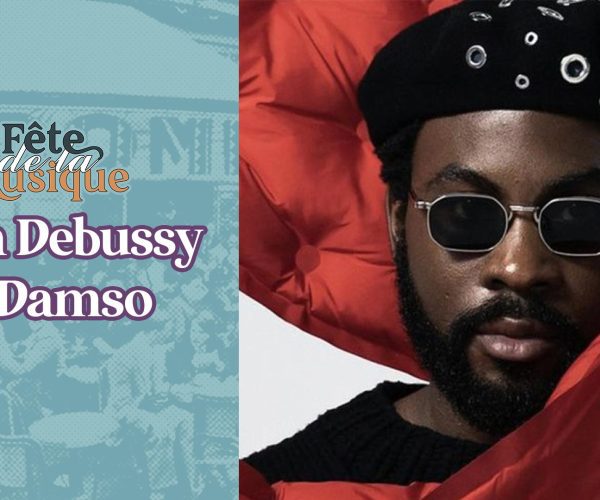July 14th : The Bastille, Kings and Emperors. A history of France’s National Holiday.
Every year at the peak of summer, on July 14th, people from all over France come together to celebrate their national holiday. While many abroad know it as Bastille Day, the history behind the celebration is a lot more deep than the storming of the historic fortress.
On July 14th 1789, in the midst of the French Revolution, the Parisian people took to the streets to storm the Bastille Fortress in the East of the city. The Bastille, a symbol of royal tyranny, was one of the largest fortifications in France and had developed a reputation as an infamous prison where political opponents of the French monarchy were locked in lightless cells built into the foundations of the fortress.
The Bastille was also the headquarters for the Parisian police of the time, as well as being part of the ramparts that shielded the old Town of Paris. Behind the Bastille lay The Marais, a historic quarter of Paris known for its architecture, beyond it was the working class area of the Faubourg St-Antoine, a rapidly growing suburb home to all sorts of workers, peasants and traders.
The military, strategic and political importance of the Bastille made it a prime target for the revolutionary mob who stormed it, in search of gunpowder and weapons to further the chaotic revolution that had started in early May a couple of months prior. However, the date of the fourteenth of July and its association with the storming of the Bastille is a surprisingly recent concept.
Until 1880, the national holiday in France was subject to the mood of the current government. From 1793 to 1803, “Republic Day” was celebrated on the 1st of Vendemiaire (a month from the Republican calendar, corresponding to the 22nd-24th of September).
Upon Napoleon Bonaparte I’s rise to power in 1804, Republic Day was abandoned in favour of Coronation Day and St-Napoleon’s Day, celebrated on the 2nd of December and the 15th of August respectively.
The Franco-German War of 1870 marked an end to an era of political chaos in France. With Imperial/Royal power definitively expelled from French politics, the nascent Third Republic focused on solidifying the French republican current that had set in motion the events of the revolution nearly a century prior. Following a decade of political instability and reconstruction, the French government sought to find a date for a national celebration.
After much debate between the Conservators and Republicans, the date of the 14th of July was agreed upon, as both a celebration of the storming of the Bastille (deemed too violent and unruly to be worthy of celebration by the Conservators) and a commemoration of “Federation Day” (celebrated on the 14th of July 1790).
Nowadays, the 14th of July in France is celebrated as a National holiday. While the storming of the Bastille serves as the historical anchor to the date, the celebrations today have no particular association to the event, and are instead marked by firework displays, military parades and air shows in the Red, White and Blue colours of the French flag.



